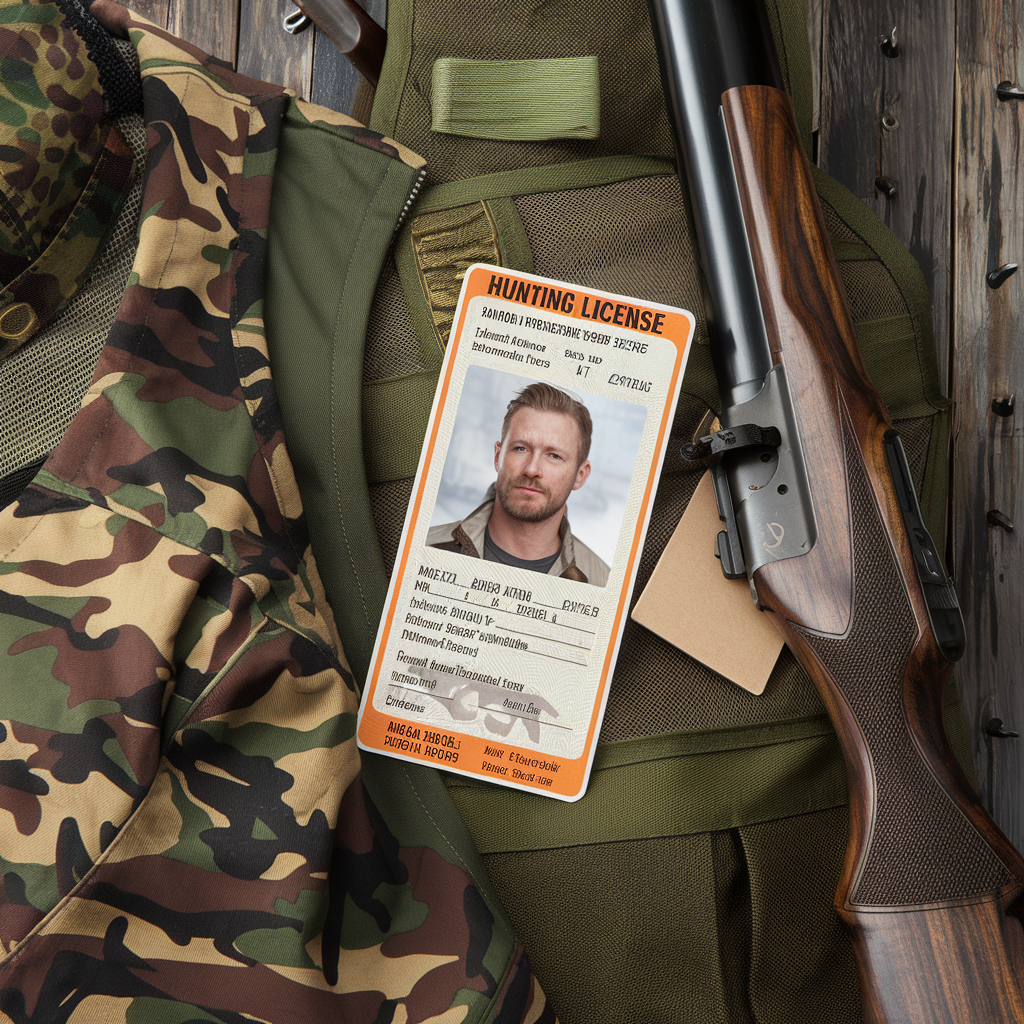A Guide to Hunting Licenses: What You Need to Know

For firearm enthusiasts and hunters alike, securing the right hunting license is essential for a safe, enjoyable, and lawful experience. This guide breaks down everything you need to know about hunting licenses so you can confidently prepare for your next outing.
What Is a Hunting License?
A hunting license is a government-issued permit that allows individuals to hunt wildlife as regulated by state or federal laws. These licenses are designed to promote ethical hunting practices, preserve wildlife populations, and ensure public safety. Whether you’re new to hunting or a seasoned pro, having the proper license is a non-negotiable requirement.
Why Do You Need a Hunting License?
Obtaining a hunting license isn’t just about following the law—it also has practical benefits:
- Conservation: Licensing fees often fund wildlife conservation and habitat restoration programs.
- Safety: Licensing typically requires a hunter education course to ensure responsible firearm use and hunting practices.
- Access: Many public hunting lands are only accessible to licensed hunters.
- Fair Chase Ethics: Licenses help regulate hunting seasons and limits to prevent overhunting.
Types of Hunting Licenses
Different types of hunting licenses are available to suit diverse hunting needs. Here’s a quick look:
- Resident License: For individuals who reside within the state they plan to hunt in.
- Non-Resident License: For hunters visiting from out of state.
- Special Permits: These include species-specific or method-specific licenses, such as deer tags or archery permits.
- Youth License: Discounted licenses for young hunters typically under the age of 16.
- Senior or Veteran Discounts: Reduced fees for seniors or military veterans in many states.
Be sure to check with your local wildlife agency to understand the licensing options available in your area.
How to Get a Hunting License
The process for obtaining a hunting license generally includes these steps:
- Hunter Education Course: Most states require completion of a hunter safety course. These courses teach important topics like firearm safety, ethical hunting practices, and wildlife identification.
- Application: You can usually apply online, through a licensed retailer, or at a local wildlife agency. Some states may also allow applications via mail.
- Fees: Pay any applicable fees, which vary based on residency, type of license, and other factors.
- Additional Permits: Depending on your target species, you may need additional stamps or tags, like a waterfowl stamp or big game permit.
State-by-State Variations in Licensing
Every state has its own hunting regulations, seasons, and licensing fees. For example:
- Texas: Offers a variety of package licenses for hunters targeting multiple species.
- California: Requires additional validation stamps for upland bird or waterfowl hunting.
- Florida: Issues lifetime hunting licenses for residents.
- Wyoming: Offers preference points, increasing your chances of drawing high-demand tags.
Visit your state’s fish and wildlife department website for detailed rules and regulations. Federal lands may require a combination of federal and state permits.
When to Renew or Update Your License
Hunting licenses typically expire after one year, though some states offer multi-year or lifetime licenses. Be sure to renew your license before the hunting season starts. If you’ve moved to a new state or changed residency status, update your license to stay compliant with local laws.
Tips for First-Time Hunters
Getting your first hunting license can feel like a big step, but these simple tips can make the process smoother:
- Take the Hunter Safety Course Early: Completing this course ahead of time ensures you’re ready when it’s time to apply for your license.
- Research Target Species: Find out which animals are in season and what permits or tags you’ll need.
- Know the Rules: Read state hunting regulations to avoid fines or penalties.
- Budget for Additional Gear: Aside from the license, factor in costs for hunting supplies like firearms, ammunition, and clothing.
Protect Yourself and Others
Hunting is a rewarding activity, but it comes with responsibilities. Always follow these essential safety tips:
- Review Firearm Safety Practices: Treat every firearm as if it’s loaded, and never point it at anything you don’t intend to shoot.
- Wear Hunter Orange: Visibility can save lives, especially in crowded hunting areas.
- Respect Your Limit: Only take shots you’re confident in, minimizing the risk of errors or injuries.
By staying informed and adhering to safety protocols, you can enjoy hunting while ensuring the well-being of everyone involved.
Why It Matters
Hunting licenses not only allow participation in the sport but also contribute to important conservation efforts. They help regulate wildlife populations and fund initiatives that preserve natural habitats for future generations.
Conclusion
Understanding hunting licenses doesn’t have to be overwhelming. By learning the types, benefits, and requirements, you can approach the process with confidence. Remember, having the proper license ensures you’re hunting legally, ethically, and responsibly. Ready to gear up and test your skills? Dive into the upcoming season fully prepared—your hunting adventure awaits!


